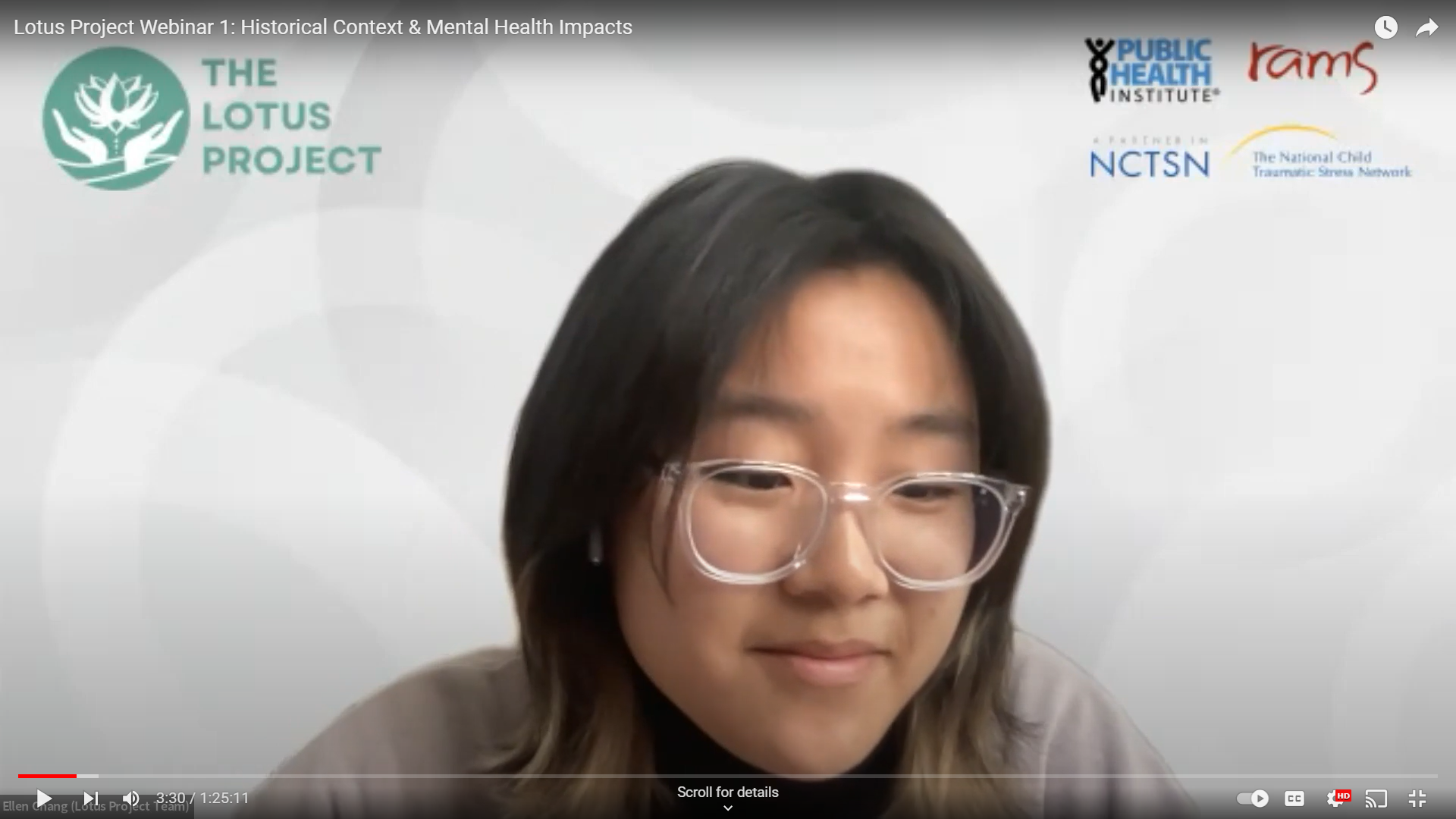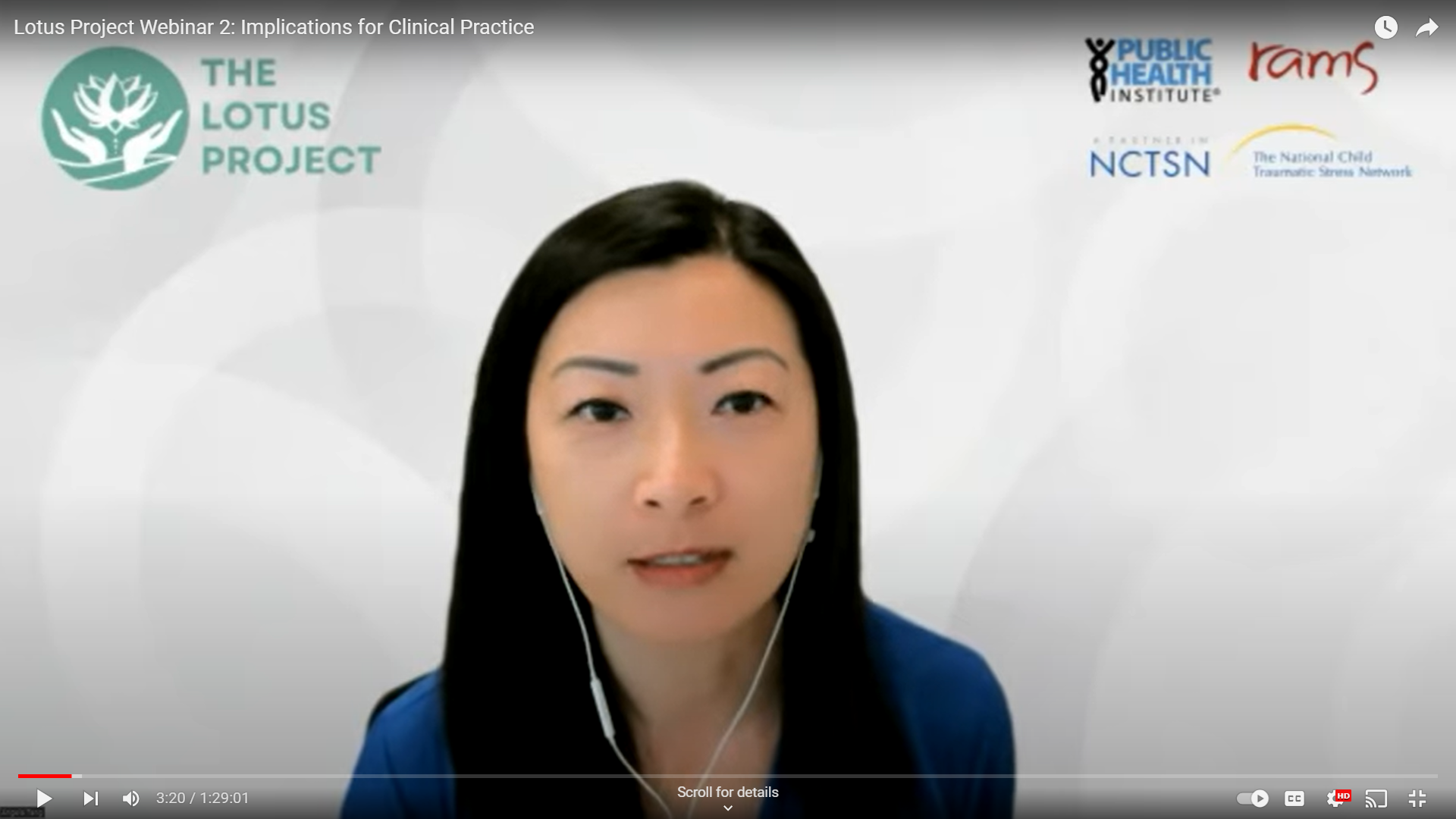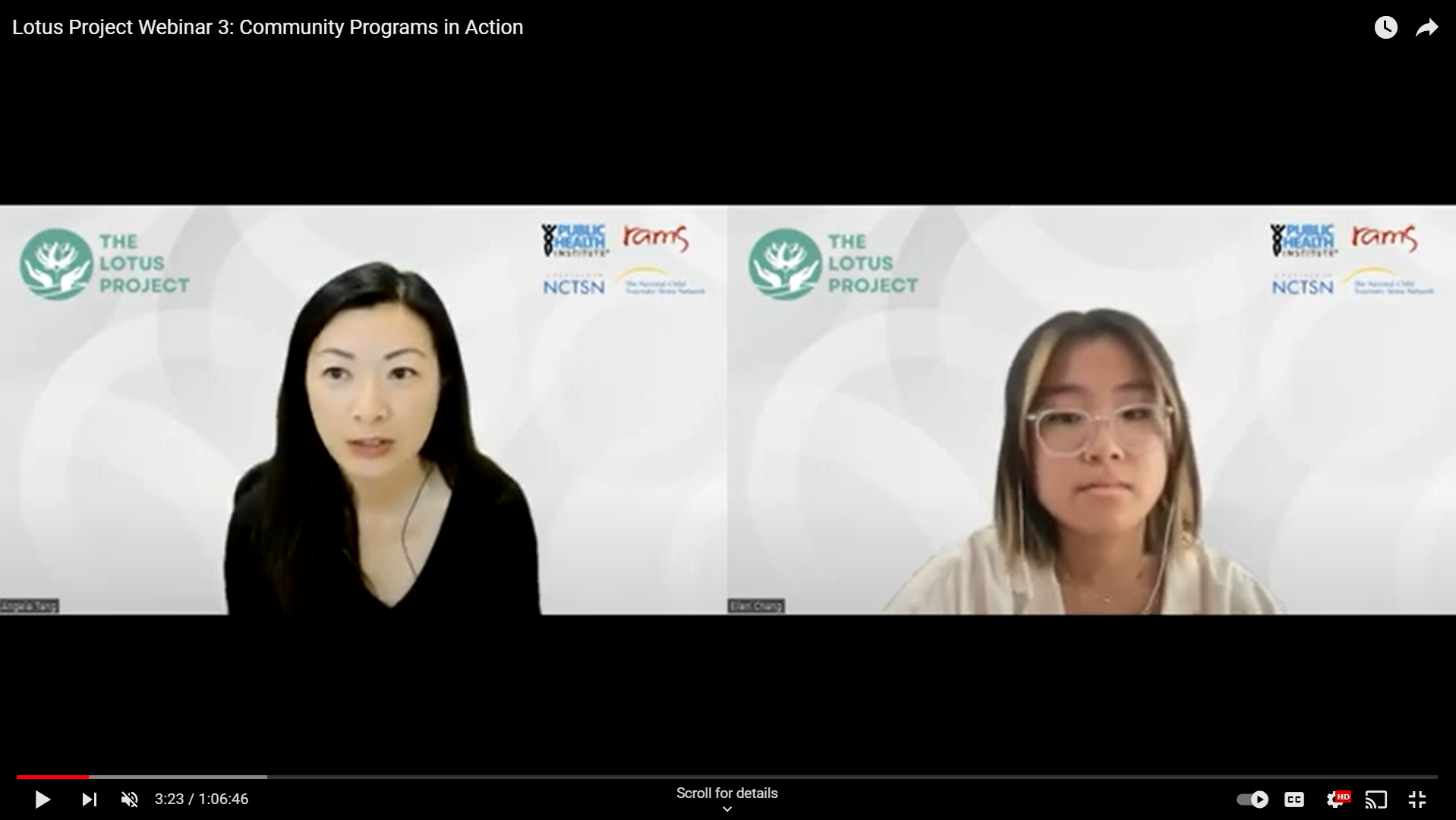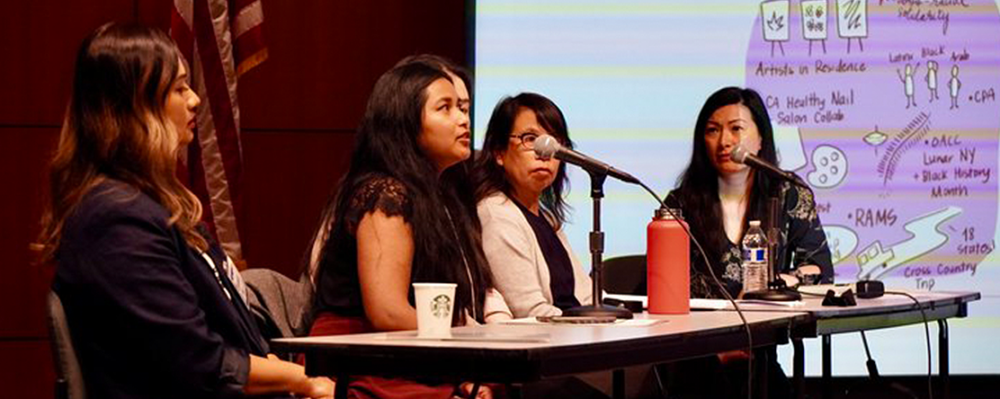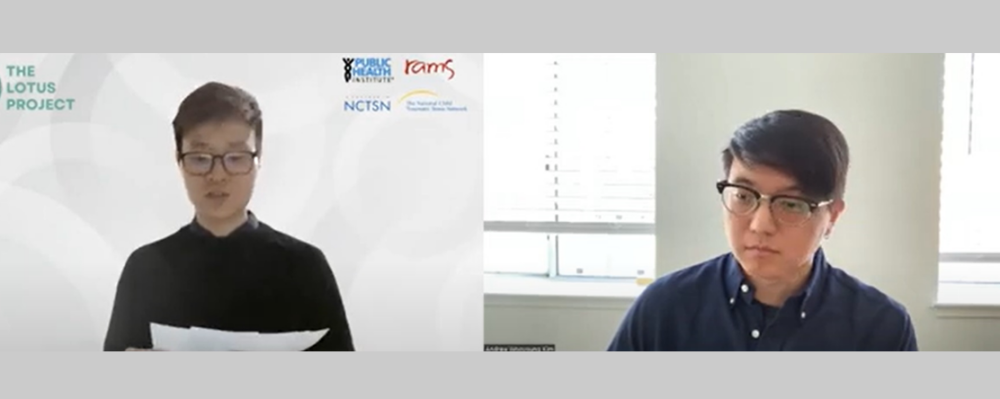
Webinar Recordings: Racial Trauma Among Asian American & Asian Immigrant Communities
-
Focus Areas
Capacity Building & Leadership, Healthy Communities -
Issues
Mental Health -
Expertise
Health Education & Promotion -
Programs
Health Intervention Projects for Underserved Populations
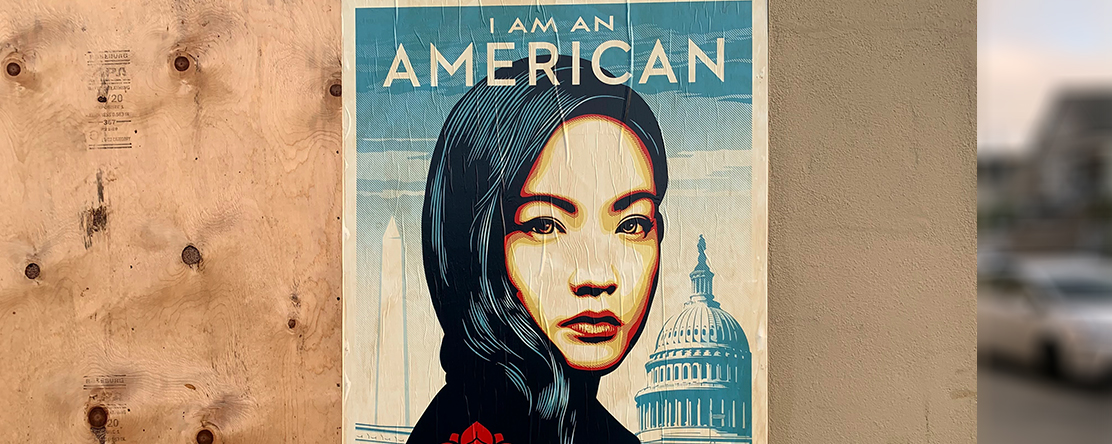
Anti-Asian hate crimes have risen dramatically during the COVID-19 pandemic, with more than 11,400 hate incidents against Asian Americans reported to the national Stop Asian American and Asian Immigrant (AAAI) Hate coalition between March 2020 and March 2022. However, racism, prejudice, and acts of hate and violence towards AAAI communities have historically existed ever since members of these communities first began immigrating to the United States.
Racial stress and trauma can be caused by direct or indirect exposures to racism throughout one’s lifetime and is influenced by an accumulation of unavoidable exposures to racism across generations, communities, and history. The impact can negatively affect the mental health of many generations.
In 2023, PHI’s Lotus Project hosted a webinar series to educate on the impacts of AAAI hate and explore how to better support AAAI communities. See the recordings:
Webinar 1: Historical Context & Mental Health Impacts (2/1/2023)
This webinar and panel discussion explores the historical context of AAAI hate, its connection to current events, as well as the impact of AAAI hate and racial trauma on the mental health of youth and families. Participants learned about key concepts related to the history of racism towards the AAAI community, such as the model minority myth, and the mental health impacts of racism and trauma on AAAI children, youth, and families.
Webinar 2: Implications for Clinical Practice (4/25/2023)
This webinar takes a deeper dive into culturally sensitive and trauma-informed clinical practices and recommendations that can be implemented to best support AAAI children, youth, and families who have experienced any form of racial discrimination, stress and trauma. Participants learned how to describe trauma and mental health issues in AAAI communities due to exposure to anti-Asian hate, particularly during the COVID-19 pandemic; and identify cultural sensitive clinical practices to support AAAI children, youth, and families.
Webinar 3: Community Programs in Action Recording & Slides (8/16/2023)
This webinar explores specific culturally competent and trauma-informed community-based programs that have been implemented to support AAAI children, youth, and families who have experienced any form of racial discrimination, stress and trauma. Participants learned how to describe at least two community-based programs that have been developed and implemented to address trauma, mental health issues, and impacts of anti-Asian hate in AAAI communities; and identify at least two strategies on how to implement culturally competent community-based practices to support AAAI children, youth, and families.

Resources on Addressing Anti-Asian American and Pacific Islander Hate
In collaboration with the National Child Traumatic Stress Network (NCTSN), forming the NCTSN AAPI Resource Collective, the Lotus Project developed and published two resources on historical trauma in AAPI communities and on having tough conversations about anti-AAPI hate with children.
Talking with Youth about Anti-Asian American and Pacific Islander Hate Resource
This AAPI and age-specific resource discusses how anti-AAPI hate can impact children and youth and how to best support and talk to them about anti-AAPI hate, race, and ethnicity.
Rise of Anti-Asian American and Pacific Islander Hate
This resource highlights the importance of acknowledging historical trauma and its impacts by providing a brief overview of key historical events that the AAPI community has experienced that continue to impact the community to this day.
The Lotus project aims to provide training, education, and technical assistance based on the wide-scale dissemination science and implementation of effective, evidence-based trauma-informed treatment and service approaches specific to Asian American and Asian immigrant (AAAI) populations. This work is a collaboration of two key agencies, PHI’s Health Intervention Projects for Underserved Populations and Richmond Area Multi-Services (RAMS).
Work With Us
You change the world. We do the rest. Explore fiscal sponsorship at PHI.
Support Us
Together, we can accelerate our response to public health’s most critical issues.
Find Employment
Begin your career at the Public Health Institute.
